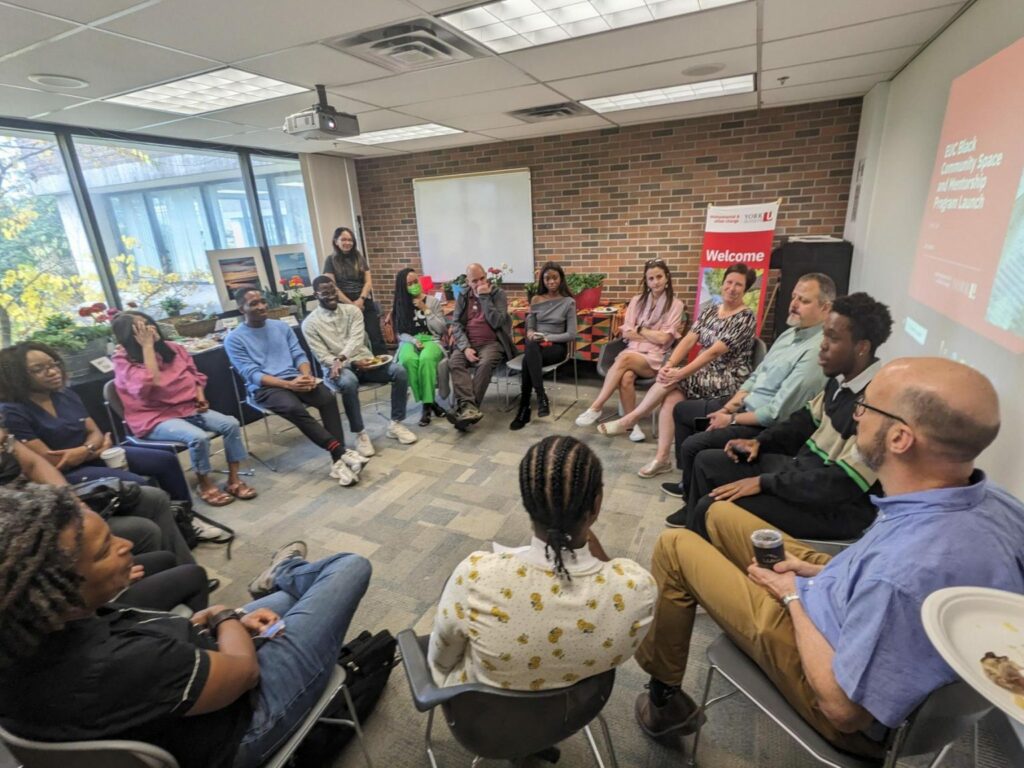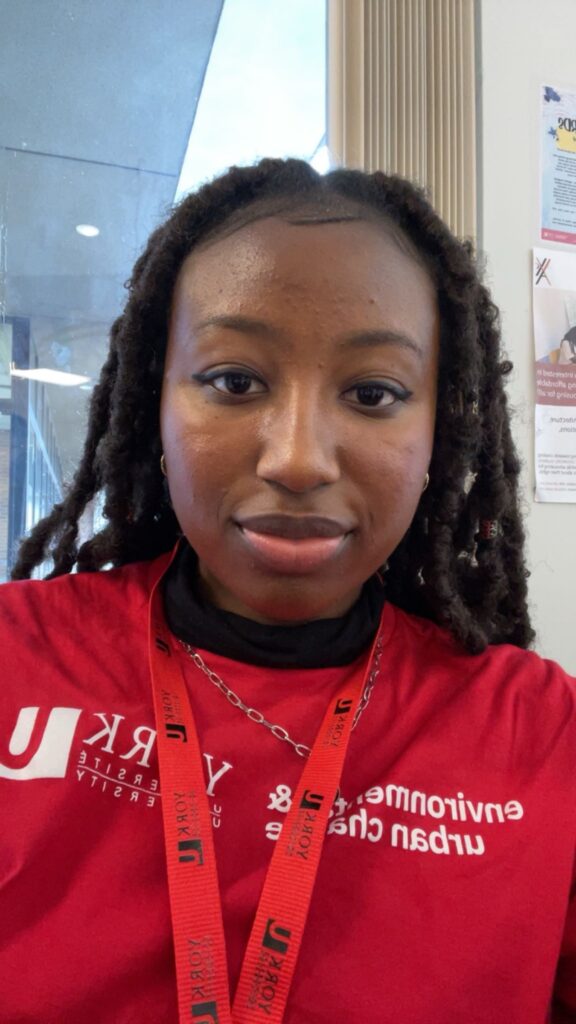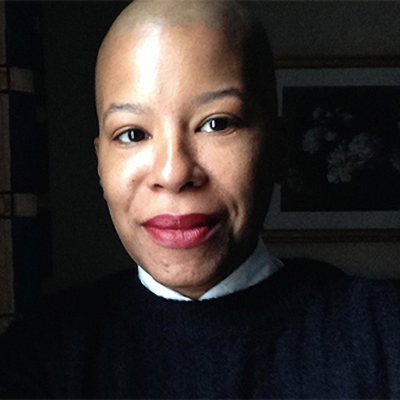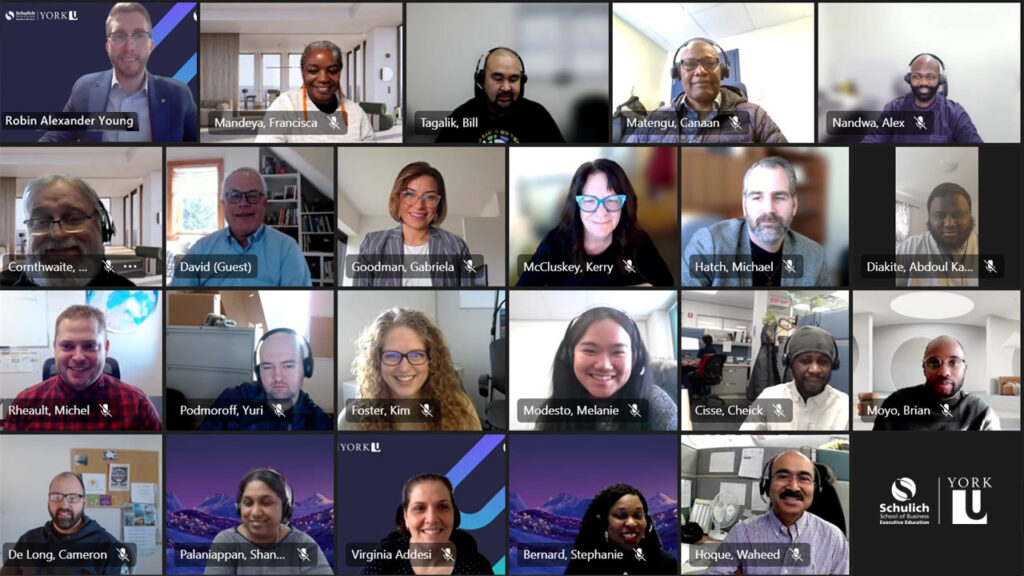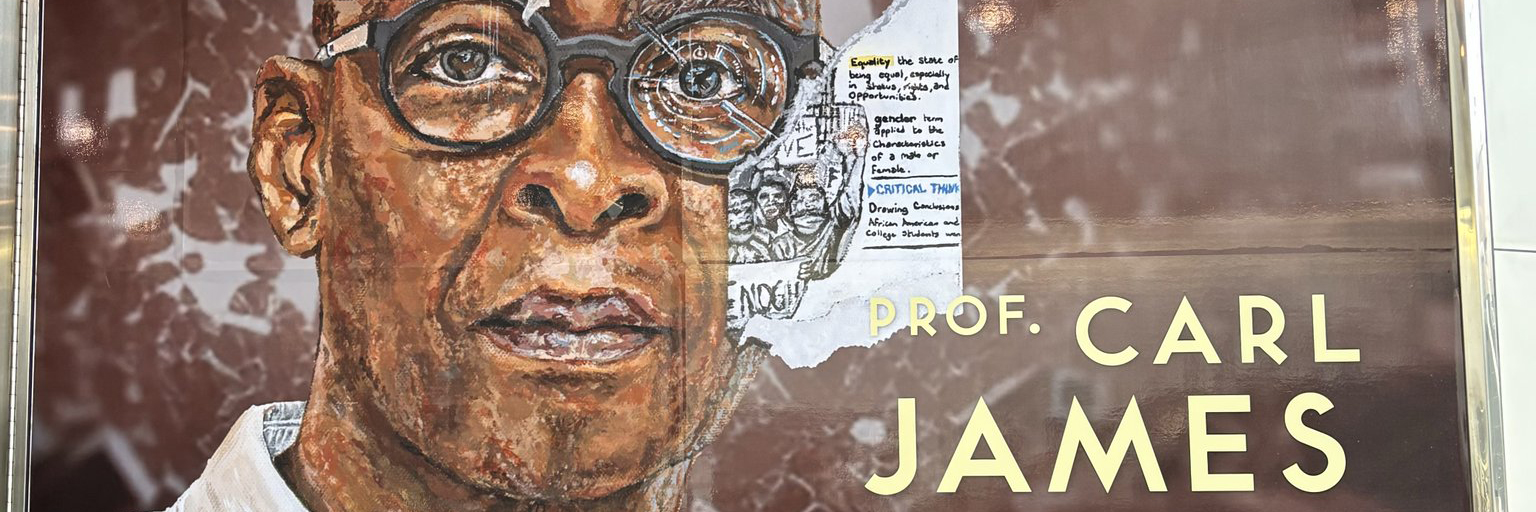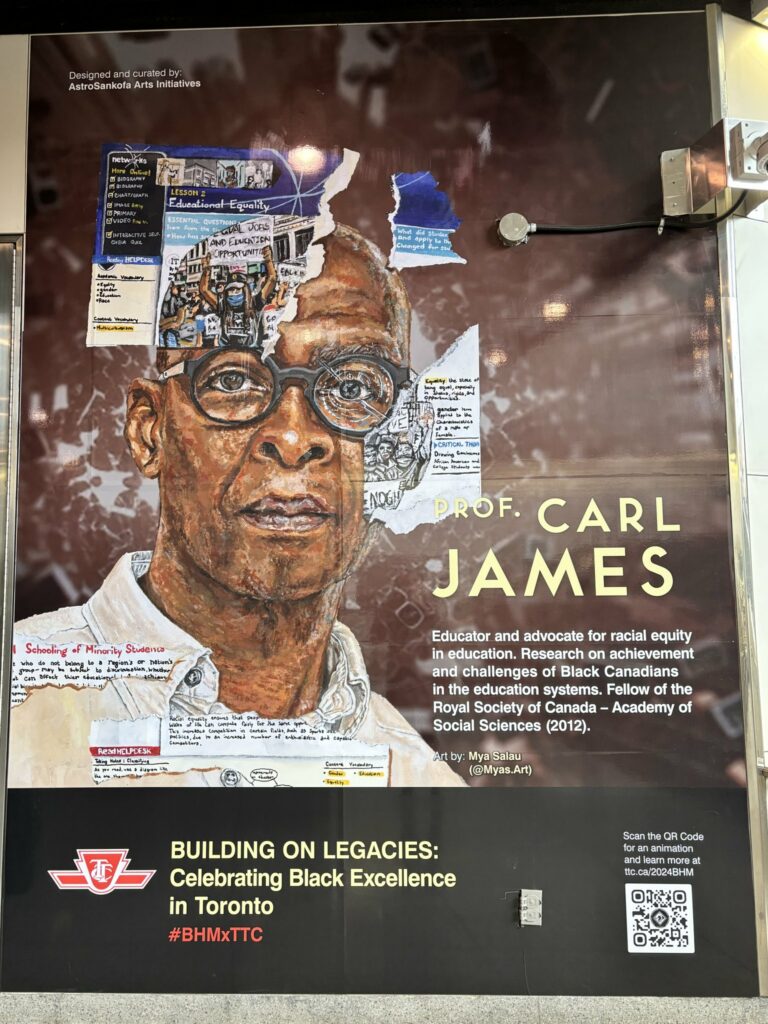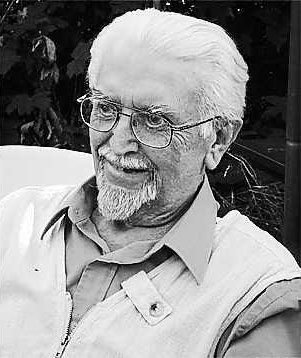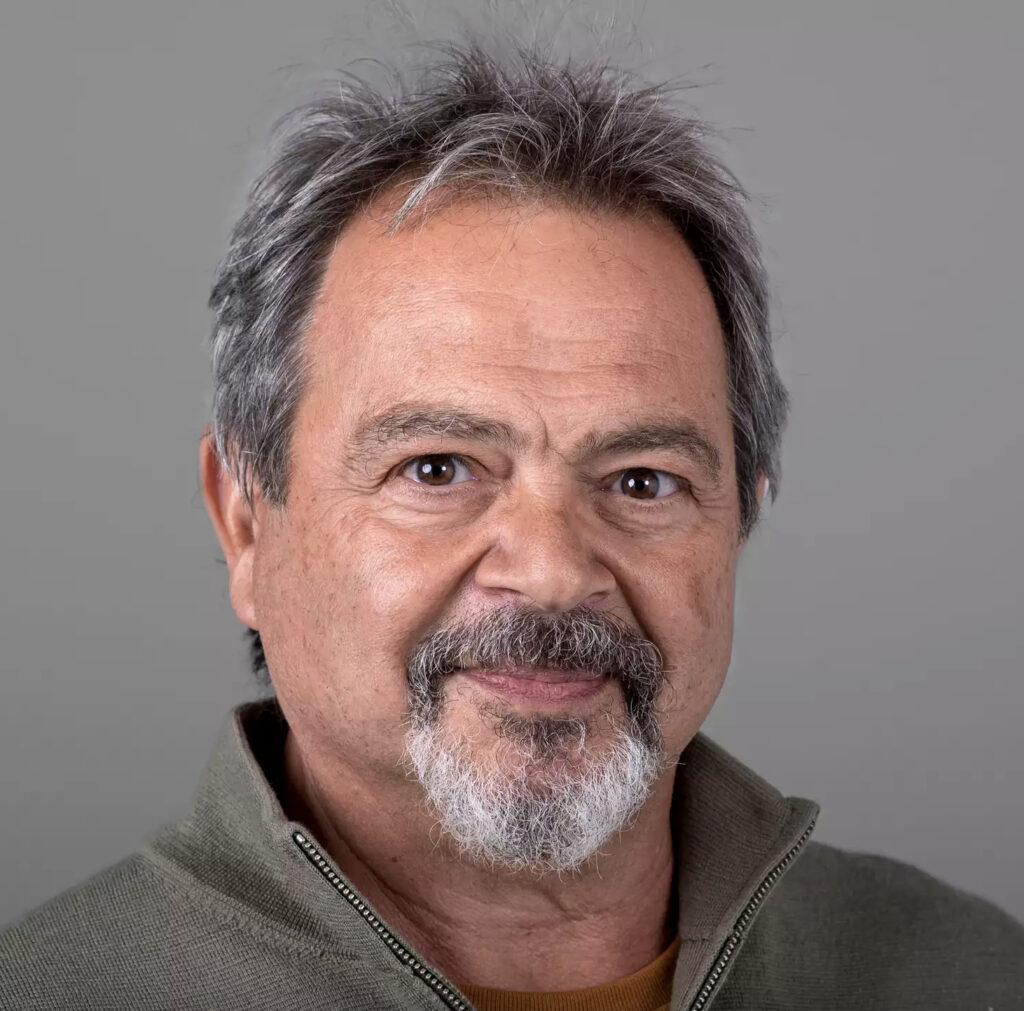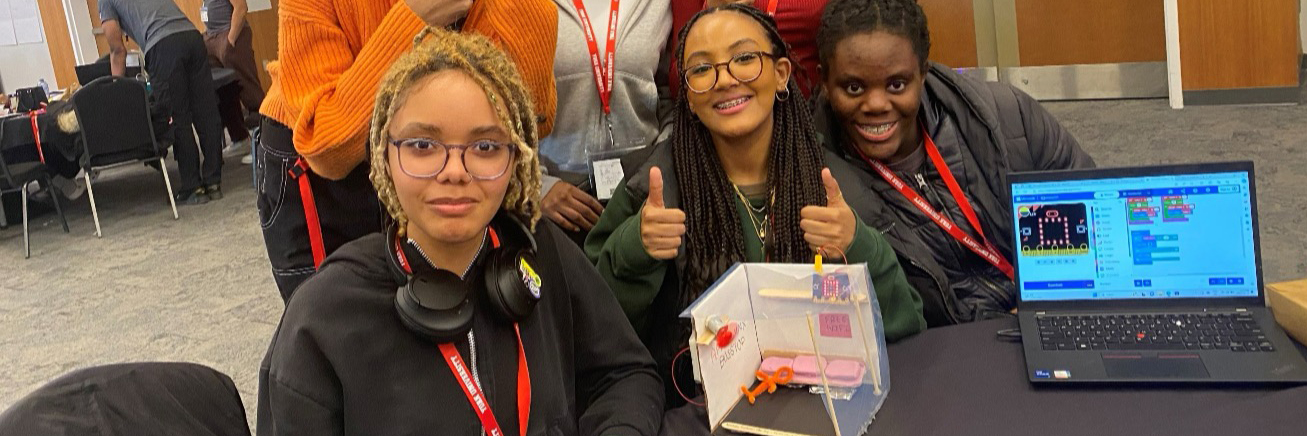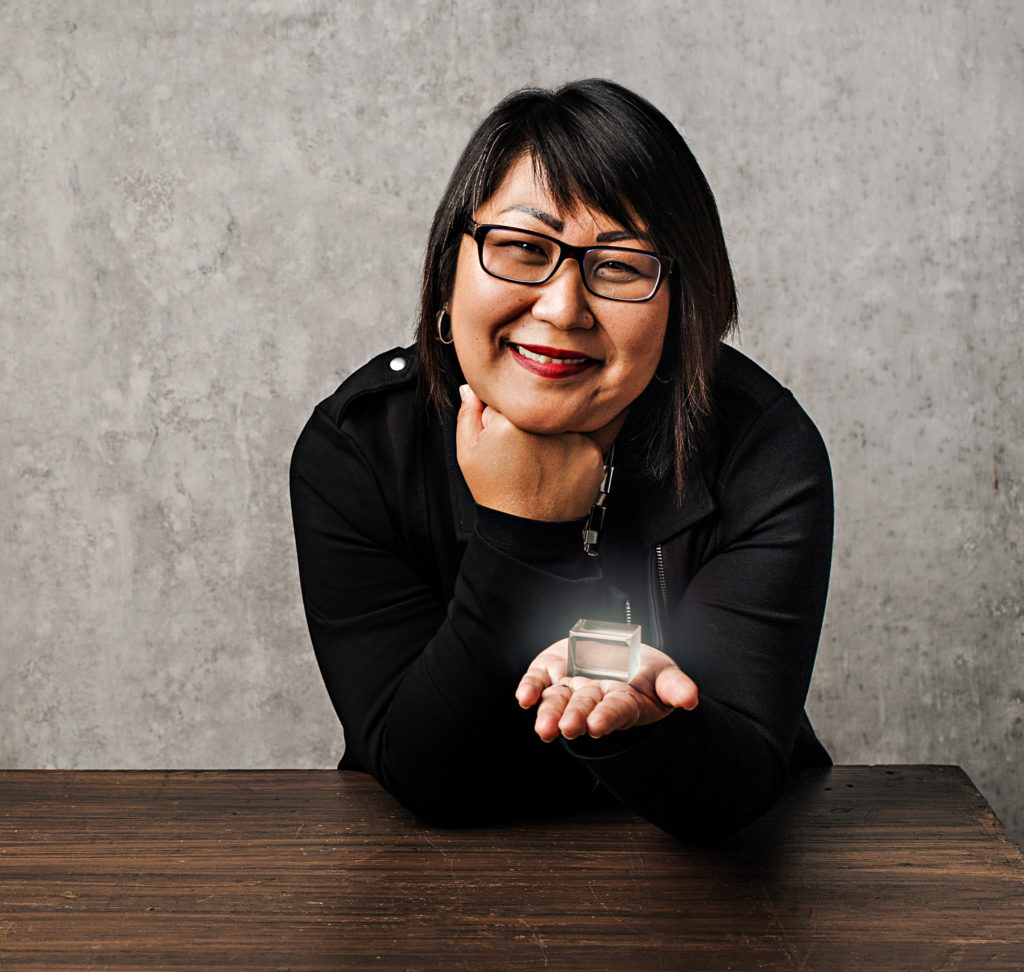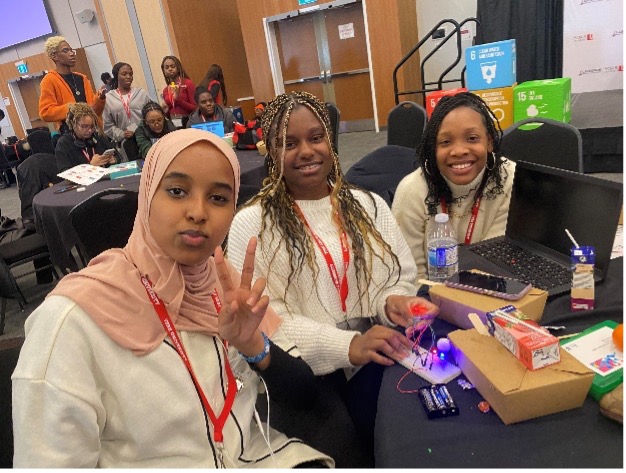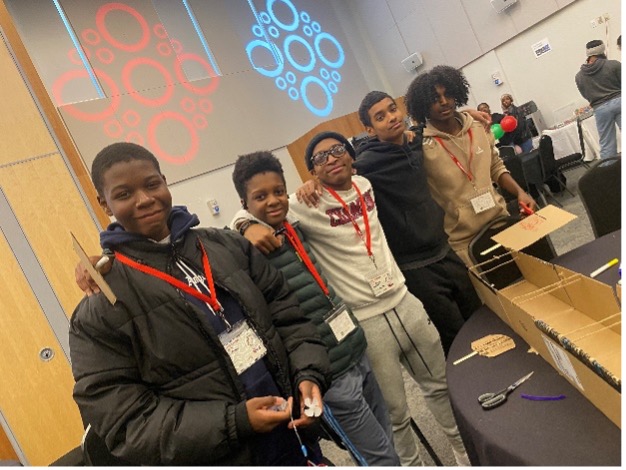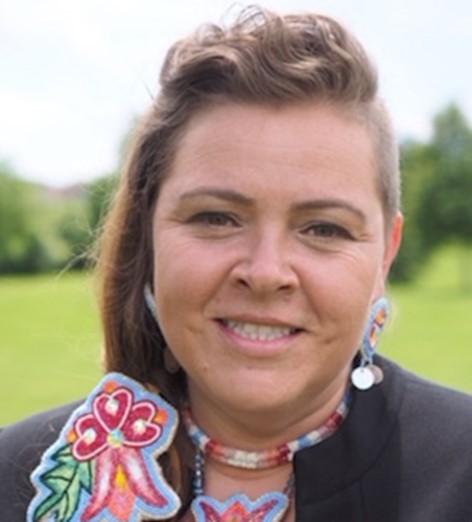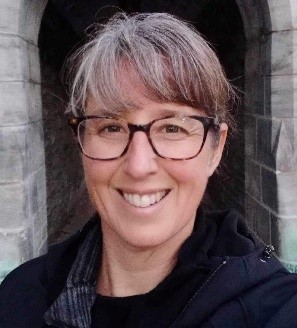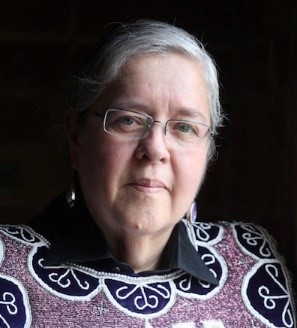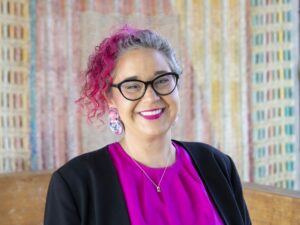York University plays a pivotal role in a groundbreaking report entitled “For Our Future: Indigenous Resilience Report,” which underscores the vital contribution of Indigenous communities in tackling climate change.
The report, a cornerstone of Canada’s National Knowledge Assessment, is co-authored by an almost entirely Indigenous team comprised of Indigenous authors, Elders, wisdom keepers and youth from across the country.
Key figures from York include Professor Deborah McGregor, who is Anishinaabe from Whitefish River First Nation, Birch Island, Ont., and holds the Canada Research Chair in Indigenous Environmental Justice, and former postdoctoral fellow Graeme Reed, now a strategic adviser with the Assembly of First Nations.
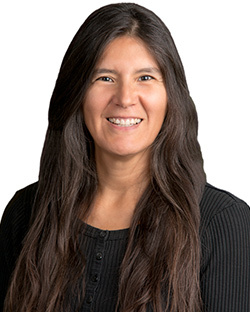
“Dr. Reed was lead author, along with Dr. Shari Fox, and coordinated a primarily Indigenous author team for the report,” says McGregor, who has prior experience with climate assessments, notably the “Health of Canadians in a Changing Climate Report,” released in 2022.
“Natural Resources Canada has coordinated Canada’s climate assessment reports for over a decade. Yet the climate change reports, although important, did not reflect the climate realities and experiences of Indigenous Peoples in Canada,” McGregor continues.
“To advance the experience, perspectives and realities of Indigenous Peoples in Canada about climate change, it was important to ensure Indigenous Peoples have their voice and conduct their assessment.”

Organized according to five key themes, the report highlights Indigenous Peoples’ unique strengths in responding to environmental and climate challenges, positioning them as active agents of resilience and leadership.
Within the research framework, the report underscores the essential role of Indigenous knowledge systems and lived experiences in shaping effective climate action, particularly within the context of food, water and ecosystem interrelationships, and emphasizes the significance of self-determination in Indigenous-led climate initiatives.
At the core of York involvement in the report is the recognition of colonialism’s historical impact, including its role in shaping societal attitudes toward the environment. While acknowledging the multi-faceted nature of climate change and the need to address systemic injustices and historical legacies contributing to environmental degradation, the report also reframes Indigenous Peoples as active agents of resilience and leadership, challenging perceptions of them as passive victims of climate change.
“Drs. McGregor and Reed showcase through this collaborative report their continued national leadership in the discussions of why Indigenous Peoples and our knowledge must be at the forefront of the response to climate change. This continues to demonstrate how Centre for Indigenous Knowledges and Languages (CIKL) researchers are making positive impacts not only at the policy level but also through community-led and driven environmental and climate-based research,” says Sean Hillier, director of the CIKL at York University.
By amplifying Indigenous voices and perspectives, the report seeks to influence broader climate governance, policy development and decision-making processes, paving the way for meaningful Indigenous climate leadership.
“Climate assessments are intended to influence climate governance, policy development and decisions. We hope that this report influences the broader climate policy landscape to truly reflect the potential of Indigenous climate leadership,” says McGregor.
“Ideally, this report can form the foundation for Indigenous governments, organizations and communities to formulate their own climate policies, strategies and plans.”




